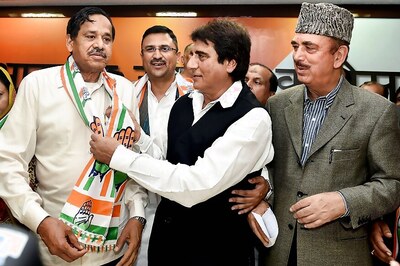
views
Mumbai: Although the new government has undertaken measures that generate employment, a comprehensive 'pro-jobs policy' will help add 69 million non-agriculture and 11 million manufacturing jobs by 2020, credit rating agency Crisil said on Thursday. "The government needs to take more steps towards pro-jobs policy to structurally alter the country's employment profile," Crisil said in a report.
"This involves, among other reforms, easing labour market rigidities, building world-class physical infrastructure and alleviating power shortage. This can add 69 million jobs in the non-agriculture sector and 11 million manufacturing jobs by 2020," it added.
The time is ripe for that one big, concerted push towards a pro-jobs policy that is imperative to alter India's employment profile, Crisil said. Manufacturing sub-sectors like textiles, food products and related sectors have the potential to drive employment creation over the next five years, it pointed out.
"We believe four manufacturing sub-sectors -- textiles, food products and related sectors, non-metallic mineral products and transport equipment -- can drive employment creation over the next 5 years," it added.
However, the reality is the manufacturing sector won't be able to generate adequate employment and the labour-intensive services sector will have to pitch in, Crisil said. "We believe the labour-intensive services sectors such as trade, hotels and restaurants, education and health, and personal and community services can add another 36 million jobs by 2020. These services will benefit from changing consumption patterns at households, a focus on urbanisation, and a push to education and better healthcare," it said.
With job opportunities in manufacturing and services rising, excessive push to unproductive job creation in the construction sector will not be necessary. "In recent years, construction employment soared in part because of a large number of projects under the National Rural Employment Guarantee Scheme. We expect 13 million additions to construction jobs by 2020, compared with nearly 24 million under the status-quo scenario," it said.
Thus, the government's focus on effective implementation of pro-jobs policies coupled with education and skill development of youth will mean 10 million less people will be forced into farm employment by fiscal 2020, it pointed out.




















Comments
0 comment